I am calculating the mean of each row in a data frame, but even when all the values in the row are valid numeric values, the mean is still coming out to be nan.

The datatype is float64 for all the columns, but the mean is coming out to be nan for all the rows. (the last column in the image is the mean) I have excluded the first column (timestamp column) from the calculation. I also tried specifying skipna=True, but even that is not working.
The statement I have used is df[].mean(axis=0,skipna=True). Some of the rows have some nan values, but the sum of these row counts is only a tiny fraction of the total row count, and I would expect the skipna=True part to take care of the nans.
Any reasons why this could be happening and how to proceed?